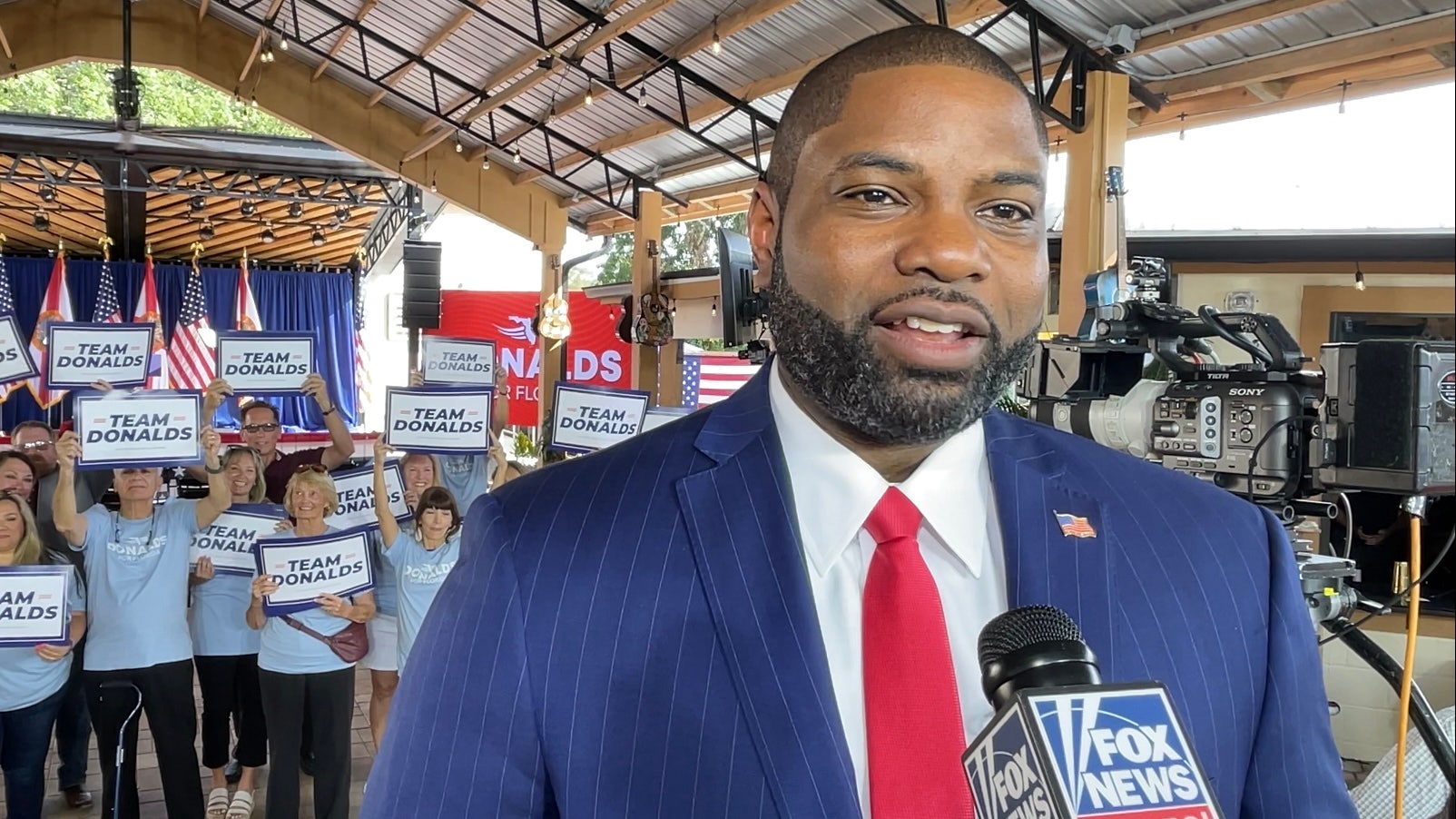Until recently, the prime minister was the most important person in British politics. But when the New Statesman published its annual list of the most powerful people on the left in June last year, with Keir Starmer poised to take office, the number-one spot went not to Starmer, but to his adviser Morgan McSweeney.
This is a ranking corroborated by Get In, an impeccably sourced and enjoyably written history of Labour’s rise to power by two of Westminster’s sharpest young journalists, Patrick Maguire and Gabriel Pogrund. Their protagonist is unquestionably the shadowy Irishman, rather than his nominal boss. Starmer may have ultimate authority, but, the authors argue, he has largely outsourced his political thinking.
The prime minister is presented – accurately, by all accounts – as a man with no fixed ideology and a bureaucrat’s fixation on “what works”, as if that can be identified without any particular vision of what he wants the country to look like. Starmer does care a lot about winning, however, which explains his willingness to adopt whatever positions McSweeney thinks is necessary at any given time, to the point that another adviser is quoted as saying, “Keir’s not driving the train. He thinks he’s driving the train, but we’ve sat him at the front of the DLR [the automated Docklands Light Railway]”.
McSweeney is not, of course, the first éminence grise in British politics. From royal favourites to Winston Churchill’s collection of oddballs, like the Irish fantasist Brendan Bracken, the country’s leaders have often surrounded themselves with trusted allies willing to do their dirty work. And as the media has intruded ever more effectively into previously hidden worlds, these figures have become better known. The close relationship between Harold Wilson and his political secretary Marcia Williams (later Baroness Falkender) garnered significant public attention, including much debate about the extent of her influence. Many Tory MPs envied Margaret Thatcher’s spin doctor, Bernard Ingham, and foreign policy adviser Charles Powell, both technically civil servants, but unquestioningly loyal. Alastair Campbell took things to a new level as Tony Blair’s director of communications. He was rightly seen as more powerful than most of the cabinet, and ended up in an extremely public spat with the BBC. But in each case these peoples’ roles were circumscribed by their principals’ own theories of politics. No one would have put Thatcher or Blair in second place on a power list.
What is new is the shift to the all-purpose guru who is responsible for the government’s wider philosophy. There were signs of it under David Cameron, who appointed Steve Hilton as a general guru-type rather than to any specific job. Hilton was, though, a charlatan, whose vague concept of the “Big Society” fell apart the moment it came up against the reality of government. He quickly lost influence and flounced off to the US, where he has become another right-wing talking head spewing Randian clichés on Fox News.
When Theresa May arrived in office, she was accompanied by her long-standing advisers Nick Timothy and Fiona Hill, who established a firm hold (or regime of terror, depending on who you talk to) over Downing Street. They were certainly more powerful than any who had come before, but they were still ultimately trying to pursue May’s agenda. In any case, they too didn’t last long, as they were blamed by Tory MPs for the Conservatives’ disastrous performance in the 2017 election and unceremoniously replaced by the more clubbable Gavin Barwell.
Dominic Cummings, who arrived alongside Boris Johnson in 2019, was the first adviser to see himself as the real number one. Before agreeing to take an advisory job (he refused to be called chief of staff), Cummings presented a list of “terrorist demands”, including various funding commitments that he insisted were signed in writing. As he had no more respect for Johnson than he does for most of the human race, and as Johnson didn’t trust him either, this was an entirely transactional relationship. Both thought they were using the other. And both were.
Inevitably, this did not end well for either man, but during the brief period when they were working together, Cummings blocked information from going to the PM and tried to make decisions without consulting him. He believed he was in charge, and on at least some issues he was – and in behaving like this he exposed a glaring hole in Britain’s rickety constitution. Special advisers, who have become ever more powerful since Harold Wilson introduced the concept, are unelected and largely unaccountable, increasingly acting on behalf of politicians who may not be fully aware of what they are up to. The rules about what they can and cannot do are unclear, to say the least.
McSweeney is a very different character from Cummings. For a start, he loves the Labour Party and sees its success as vital to the country’s future, even if he is sometimes frustrated by its liberal pomposity and woolly thinking. Cummings, by contrast, despised the Tories and was never, as far as I’m aware, a party member. He is now encouraging his dwindling band of followers to vote for Nigel Farage’s Reform Party.
McSweeney is also far more emotionally intelligent than Cummings (which is not, admittedly, the highest bar). A common theme in the book is McSweeney’s careful handling of his boss, as opposed to the ranting tantrums Johnson received. For example, Starmer genuinely despises office politics, so on several occasions when the gurus’ role was split with that of rival advisers – notably the prime minister’s first Downing Street chief of staff, Sue Gray – McSweeney waited patiently to regain control rather than forcing the issue directly. There is also no chance of him sending out blogs in his own name as Cummings did. Indeed, he has almost never committed thoughts to paper and hates being photographed. Unusually, he was caught on camera in the Oval Office during Starmer’s recent attempts to massage Donald Trump’s ego. He looked highly uncomfortable.
But there are similarities between McSweeney and Cummings. Neither man has much time for MPs and their petty obsessions with, in the words of Pogrund and Maguire, “passing frenzies that the public never notic[e]”. Both avoid parliament whenever possible. Both are at heart campaigners, not policy wonks, though McSweeney spent the early part of his career doing the kind of grinding street-level campaigning that Cummings has always avoided. Both are obsessed with communicating directly with voters, where possible working around the traditional media. And both have a similar model of the median voter as essentially conservative and risk-averse, liking neither left-wing threats to their security nor right-wing ones to their public services (or at least Cummings did when he ran Vote Leave – he has radicalized a lot since then).
Of course, it is possible that the unusual power of Cummings and McSweeney is an aberration. Starmer is certainly oddly unpolitical for a senior politician, and Johnson is sui generis. Rishi Sunak had a more traditional set-up, and it is hard to imagine, say, Wes Streeting or Angela Rayner letting someone else sit them at the front of the DLR. But the longer-term trend towards more powerful advisers suggests that something else is going on beyond the personnel involved. Part of this is down to the increasing centralization of politics. The prime minister’s role has expanded dramatically over the decades, and cabinet government has been a fiction for a long time (Nigel Lawson claimed that cabinet meetings were the only time during the week that he got a rest). Even minor departmental decisions now have to be signed off by the centre and slotted into a communications grid.
As such, the job has become too big for anyone to carry out by themselves and significant outsourcing has become essential. Sometimes this can be entrusted to other elected ministers, but it can be hard to find people to trust who are sufficiently astute, but not ambitious for your job. A loss of faith in the civil service to provide adequate support has also contributed. At the same time, the prime minister’s central team remains tiny compared to that of global counterparts, meaning it falls on a small handful of individuals, covering wide areas of responsibility, to help out.
Perhaps an even bigger factor is the increasing importance of communications and media in modern politics. Again, Wilson was a pioneer here, bringing in the very political Joe Haines to manage the press rather than relying on a civil servant. This was the focus, too, for Ingham and Campbell. As social media has created an instantaneous media cycle, and new ways to talk directly to voters, its importance has only grown. All this requires having people with campaigning pedigree, able to respond rapidly and often without the principal being present, as well as much more attention on shaping the message.
The great paradox of this shift is that the ever-growing focus on polling every aspect of voters’ world-views in order to identify the key messages has happened at the same time as trust in politicians and belief in their abilities have fallen to record lows. There are several possible explanations – one being that the focus on communications has led to ignoring long-term, and unpopular, decisions on policy that would nevertheless lead to better outcomes and a happier public. Another is simply that today’s voters can sense that they’re being managed. It is hard to poll your way to authentic leadership.
This leads to the biggest question left unanswered by Get In – what does McSweeney actually believe, other than that the Corbynite wing of the Labour Party needs to be destroyed and salted over? We are told about his formative experiences campaigning in Barking against the British National Party, when he learnt the importance of understanding voters’ values and day-to-day delivery for local people. But what values? Delivering what? It is true enough that most people want security for their property, their family and their community, but they differ dramatically on how best to achieve these things. Half the population supports the death penalty in some circumstances, half does not. Which half is right and why? Similar numbers were in favour or not of deporting asylum seekers to Rwanda.
Likewise, it is easy enough to know that most people want free, high-quality healthcare. But they also don’t want to pay any more tax. You can identity through polling that voters want the government to tackle climate change, get faeces out of the country’s rivers and improve the air that its population breathes. They also don’t want to see their bills rising to achieve any of these things. A big majority of voters think immigration is too high; they also approve of using immigrants to staff the NHS and care homes.
It is absolutely right to emphasize the importance of respecting voters, and try to understand them, rather than assuming that those who disagree with you are stupid or racist. But voters are not going to tell you how to govern the country. It is not their job. Relying on their opinions to try to deduce what to do leads not only to incoherence, but to a negative loop. After all, people respond to persuasion and form their opinions by listening to arguments, but if they just get their existing views fed back to them, there is nothing to learn from.
Maguire and Pogrund explain how McSweeney, when working with London councils, emphasized the importance of proving one’s commitment to delivery by cleaning up graffiti or fixing a broken gate. But at the level of national government, it is a lot more complicated. You are confronted with constant trade-offs, none of which will be universally popular. Leaders have to have the confidence, even the arrogance, to think they have the answers.
Maybe McSweeney does. But the guru governance model doesn’t have a great track record. And his panic over the Labour mayor of London’s introduction of vehicle emissions charges to the London suburbs, just before the 2023 Uxbridge by-election, doesn’t augur well. Sadiq Khan made the right call: air pollution has dropped and, after the Tory candidate scraped through, Labour won Uxbridge in the general election the following year.
I suspect Starmer has not read Get In, given his dislike of Westminster gossip and backbiting, but it would be a good idea for him to do so, and to reflect on whether he wants to spend the next four years in permanent campaign mode, chasing votes. He may like winning, but it is hard to believe the public will ever have much affection for a leader who delegates his beliefs.
Sam Freedman is the author of Failed State: Why nothing works and how we fix it, 2024, and writes the Comment is Freed substack
The post The rise of the guru appeared first on TLS.

 By Times Literary Supplement | Created at 2025-03-26 14:07:30 | Updated at 2025-04-03 09:36:46
1 week ago
By Times Literary Supplement | Created at 2025-03-26 14:07:30 | Updated at 2025-04-03 09:36:46
1 week ago






